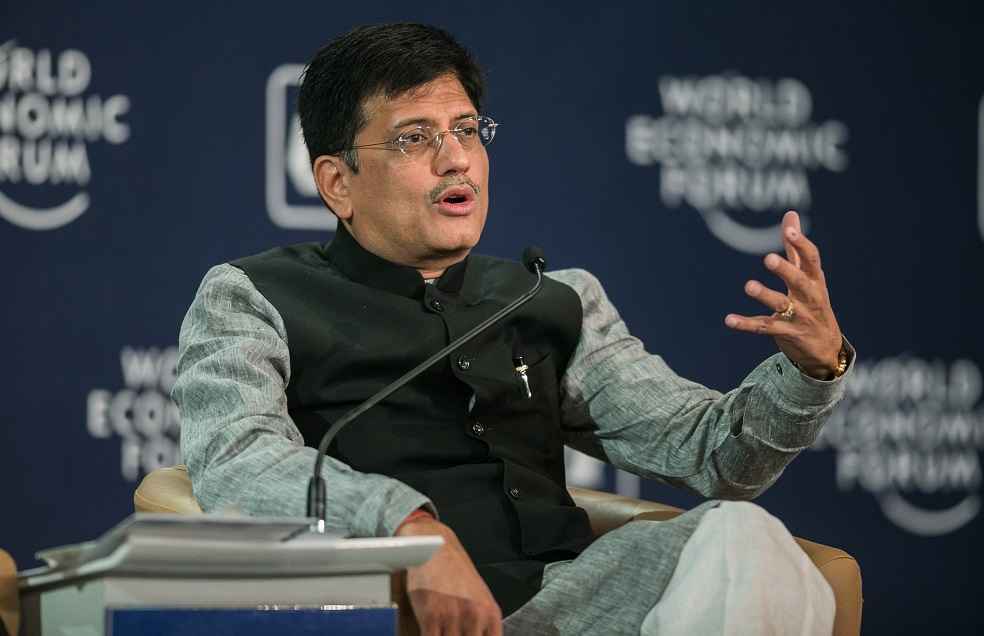India is likely to engage in diplomatic talks with the United States over sanctions imposed on 24 Indian companies, seeking a resolution that avoids escalating the issue to international bodies like the World Trade Organization (WTO) or International Court of Justice (ICJ). According to a report from the Global Trade Research Initiative (GTRI), India aims to navigate this complex situation through direct dialogue rather than legal challenges.
The sanctions, enacted by the US State Department, Treasury, and Commerce Department, target companies allegedly linked to Russia’s defense industry in Ukraine. Major entities impacted include Shreya Life Sciences, Soni Electronics, and Solex Electronics. These sanctions, which are contentious under international law, pose practical dilemmas for India as it strives to protect its trade interests without compromising its strategic partnerships.

India may pursue sector-specific exemptions or advocate for targeted relief for specific companies through bilateral talks, a strategy that may yield faster outcomes than a prolonged legal process. The broader issue of extraterritorial sanctions, as highlighted by GTRI, complicates international trade law and raises concerns about national sovereignty and the reach of foreign jurisdictions into domestic markets.
Commerce and Industry Minister Piyush Goyal has emphasized the importance of adhering to both Indian and international export control regulations. While Indian authorities maintain that the sanctioned companies did not breach local laws, there is a growing need for businesses to rigorously follow export protocols and non-proliferation standards to avoid further sanctions.

GTRI advises Indian companies to strengthen compliance measures, keeping pace with regulations such as India’s SCOMET and US export control lists. For companies dealing in dual-use goods—those with both civilian and military applications—compliance is critical to avoid unintentional entanglement with sanctioned entities, which could lead to trade restrictions and asset freezes, potentially disrupting global partnerships and access to key markets.
As India aspires to expand its defense export capabilities, GTRI underscores the necessity of building comprehensive compliance frameworks. These efforts are essential for reducing the risk of future sanctions and safeguarding India’s position in the international trade arena.
BUSINESS GENERAL | Nestle Pakistan Sets $50M Export Target by 2030, Boosting Local Economy



